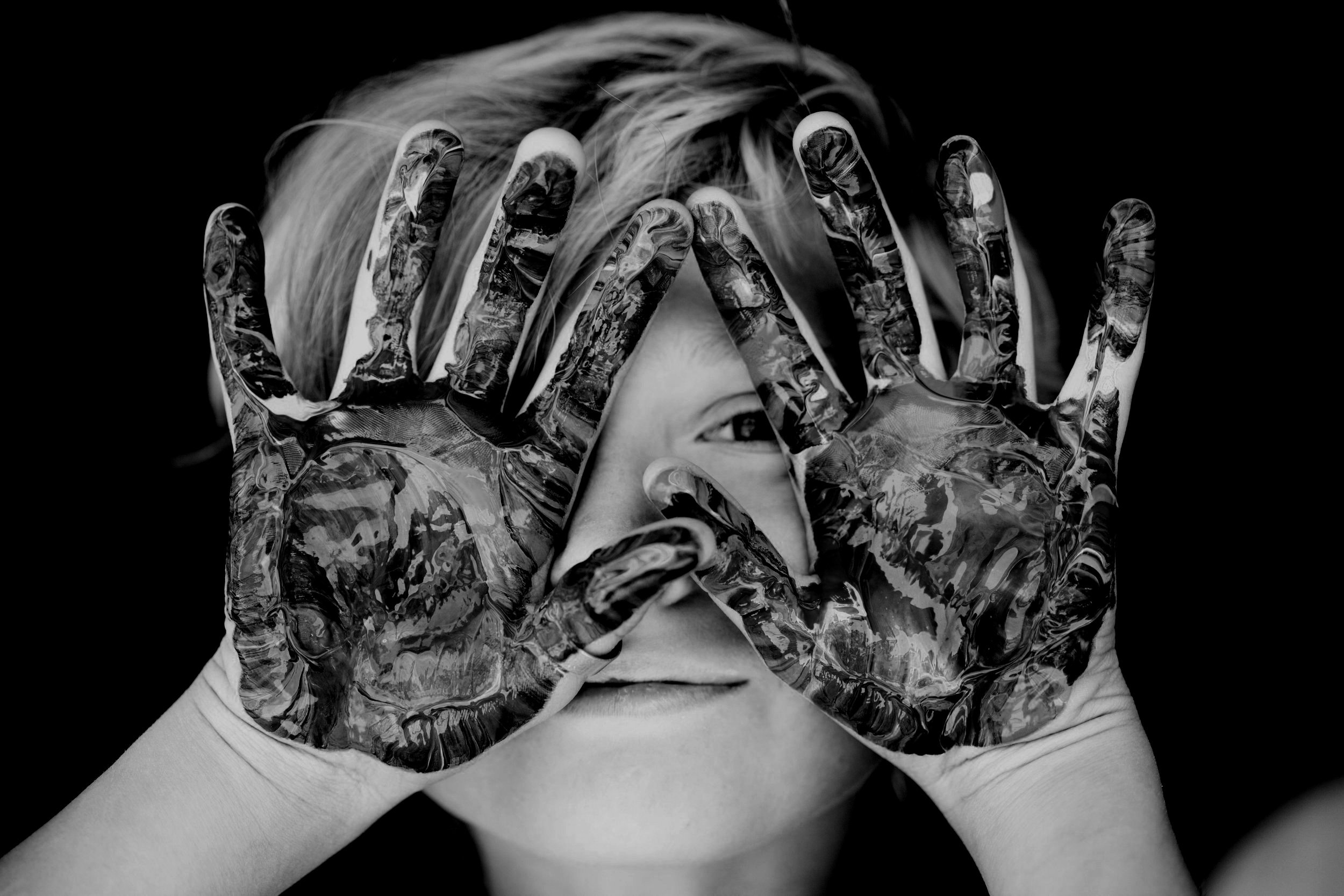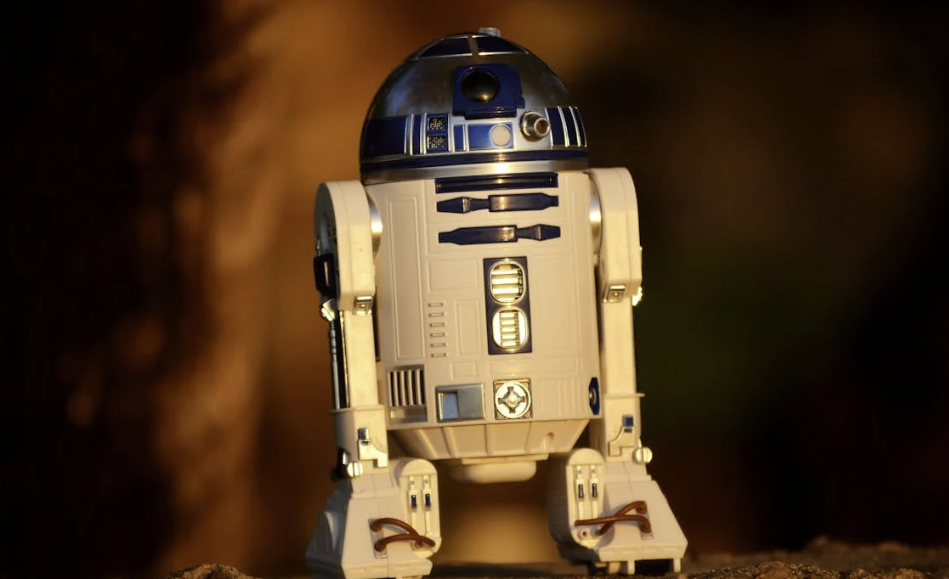OMG! Those Little Words Are, Like, Totally Important?

How Tiny Words Reveal the Human in Our Speech
Omigod, so like, the other day? I was literally explaining this super complicated thing to a friend, and I, like, caught myself using, um, maybe fifteen "ums" and, like, a bajillion "you knows" without even, like, noticing? Ugh! As a former copywriter, I was all, "Whatever, I'm such a disaster!" But then I was like, wait – what if, like, those little words are actually, you know, important and stuff?
The Traffic Controllers of Talk
Those tiny utterances we think of as verbal clutter – mm-hmm, huh?, well, oh – aren't just meaningless filler after all. They're more like air traffic controllers for our conversations. Linguist Mark Dingemanse from Radboud University discovered these little gems pop up in about one of every seven utterances – buzzing by roughly every 12 seconds when we talk. We need them more than we realize.
Think about your last awkward Zoom call. When someone drops an "um" or "uh," they're basically saying "hang on, brain buffering, but don't cut me off." Your reflexive "huh?" is the conversation equivalent of hitting the emergency brake. And that "mm-hmm" while someone's telling a story? Pure conversational lubricant – "I'm with you, keep going." We're not being sloppy; we're being brilliant little traffic managers.
The Universal "Huh?"
My favorite discovery: in a survey covering 31 languages from around the world, researchers found that practically all of them use some version of "huh?" as their verbal SOS signal. It's like we humans, despite our endless cultural differences, independently stumbled on the same solution because, as Dingemanse puts it, "In that moment of difficulty, you're going to need the simplest possible question word."
I find that weirdly comforting. From Zulu to Mandarin to Swedish, we all say some variation of "huh?" when we're lost. It might be humanity's most universal word – our shared anthem of confusion.
Not Just Filler – Necessity
And get this – these little words aren't just courteous noise. They're essential. In one experiment (that I wish I'd thought of), researchers had storytellers speak to listeners who were secretly distracted by counting words starting with 't'. Without getting normal feedback signals, the storytellers' narratives went completely off the rails – abrupt endings, weird tangents, over-explaining.
So next time your teenager rolls their eyes at your constant "ums," tell them you're not being inarticulate – you're being considerate. It's science, kiddo!
AI's Achilles Heel?
Here's where I find the whole thing deliciously ironic. As linguist Martina Wiltschko points out, these seemingly primitive utterances might be "the best way to distinguish between a computer and a real human." While AI can now write essays and pass bar exams, the subtle dance of interjections leaves them flat-footed.
Why? Because "mm-hmms" aren't just about vocabulary – they're about shared mental space. They require knowing not just what you know, but what I know you know, and when to jump in with a repair.
Google's NotebookLM tries to fake it with AI "hosts" that laugh and insert mm-hmms, but according to Wiltschko, they land in that creepy "uncanny valley" territory – "close, but not quite close enough." The fake hosts pause awkwardly when the listener speaks (rookie mistake!) and can't keep track of who's supposed to know what.
The Human Edge
"It's not just what they're saying," Wiltschko explains, "it's who's talking in what context, and who knows what... I would be really surprised if AI could ever handle that – and human beings handle that with ease."
Maybe our linguistic superpower isn't our fancy vocabulary or complex grammar, but our ability to dance together conversationally, to read minds on the fly, patch misunderstandings, and build common ground with these tiny verbal stitches.
So um, yeah, I've stopped worrying about my "ums." They're not verbal hiccups – they're proof I'm human.
Huh? Not bad for "garbage" words, right?





